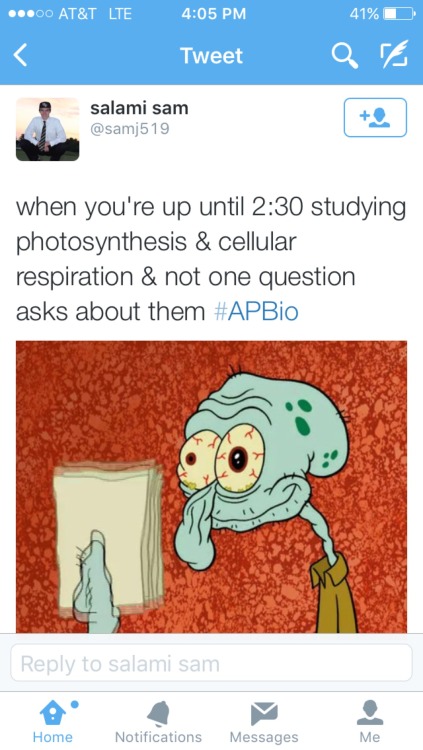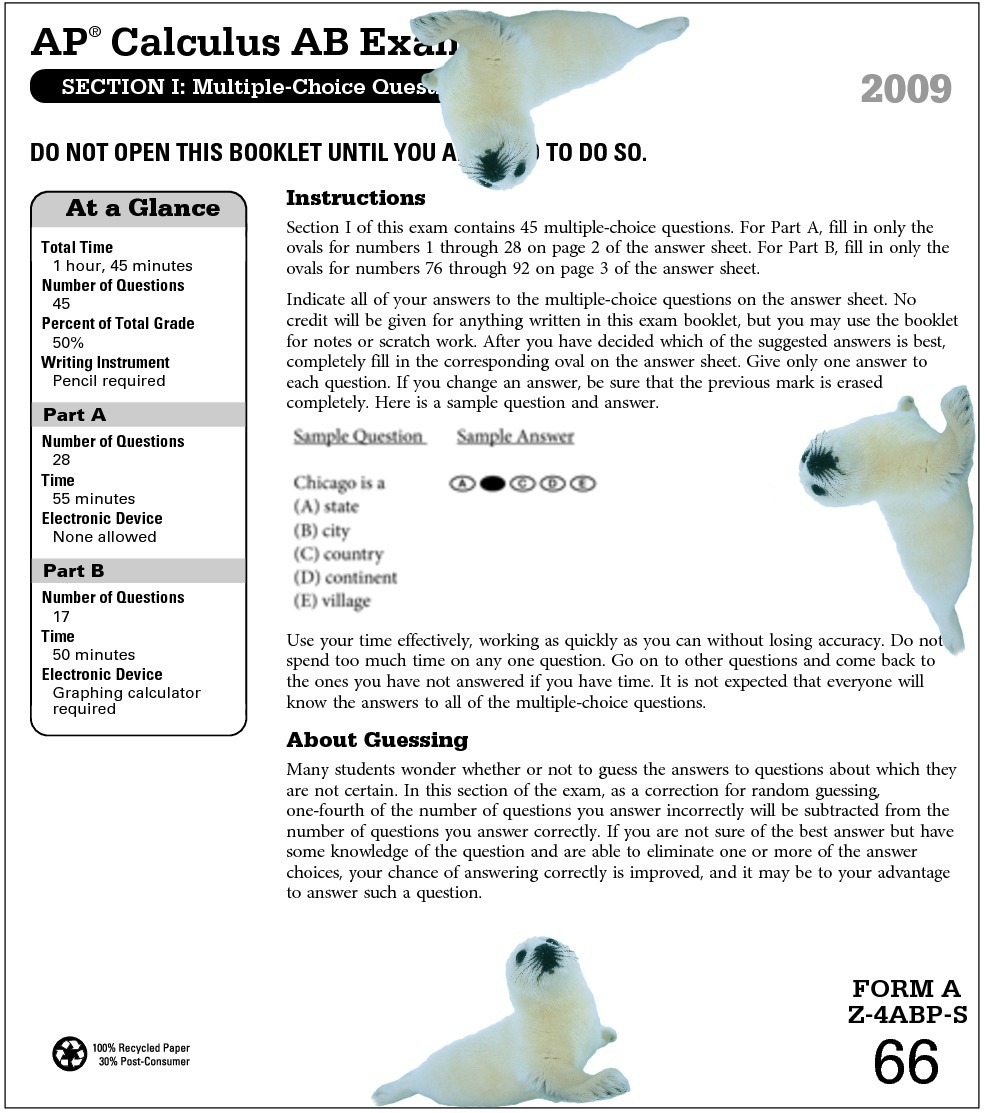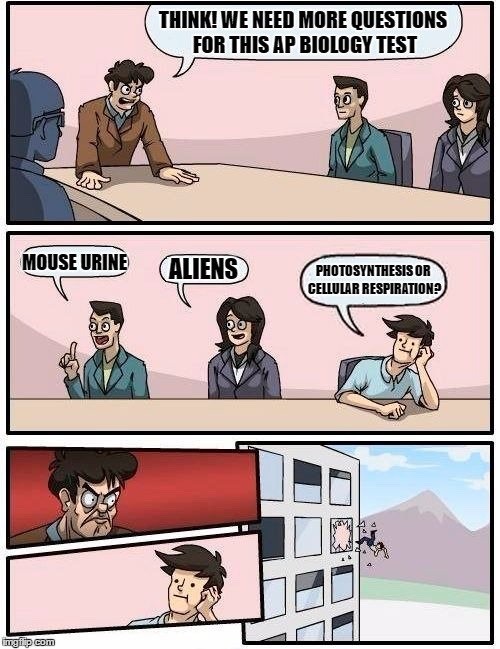Though I'd like to think that keeping this blog has led me to renounce my consumption of media entirely, that's definitely not the case. At the end of the semester, I'd say that I now consume roughly the same amount of media as I did at the beginning. But that doesn't mean this class was a failure. Unless I completely misinterpreted the point of Critical Thinking, I don't think Mr. Starace intends for this class to be about why media is the worst thing ever. Media literacy isn't about hating media, but rather recognizing what media surrounds us and the implications it has on our lives. In this sense, keeping this blog has been extremely helpful. I'm without a doubt more aware of the techniques and messages present in ads. For instance, just yesterday I noticed this stick of Old Spice in my bathroom:
Just a few months ago, I would have seen this, chuckled, and moved on with my life. Now I know how naive my poor old self was. Today, I look at this deodorant and see the "Wit and Humor" and "Magic Solutions" techniques. Apparently masculinity also has a scent, which comes from scent elves. This is just one example of how my view of the media around me has changed this semester.
Even though I'm now aware of some of the flaws in media, I don't plan to change my behavior because of that. Simply having high media literacy is enough to better appreciate media and understand the effects of our consumption. My relationship with Gatorade is a great example. Gatorade was my assigned brand for the media analysis project, and I've found that Gatorade's marketing strategy relies on our insecurities and desire to find success (in this case through sports). Thinking about it on a deeper level has helped me find that this is really stupid; there are plenty of other ways to be successful than by being a famous athlete. Still, Gatorade tastes good, and I know that refraining from buying it won't change anything: Gatorade will still exist, I won't become a pro athlete, and the world will go on. But just recognizing that Gatorade's message is stupid has made me more self-aware, which gives companies like Gatorade less influence over my life.
When it comes down to it, avoiding media is impossible. At the beginning of the semester, I'd say a lot of us had this preconceived notion that "media" consists of phones and social media, and that it's inherently bad. Considering that media is any medium of communication, I'd say we've all changed our views a little. What I've taken away from this semester is that a little bit of paranoia is a good thing. Given that media is unavoidable, we obviously can't dissect every media message and avoid the harm media does. If that were possible, we'd all be living in bomb shelter basements wearing tin-foil hats. Being a good consumer simply involves questioning the media presented to you and recognizing that media outlets don't control your life. To paraphrase Mitt Romney, media outlets are people. We are people. Media is just people spreading messages to other people, and we have say over how we are influenced.
So congratulations, Mr. Starace. You've created a group of 30 media literate, slightly paranoid teenagers. I often question the value of most of what we do at school, but Critical Thinking has been a bright spot. The media blogs were one of the few assignments that I both enjoyed and got something out of. (Isn't it weird how most of school assumes we can't do both?) To thank you for an awesome semester, here's the complement to your Che Dogvara poster: Fidel Catro.




